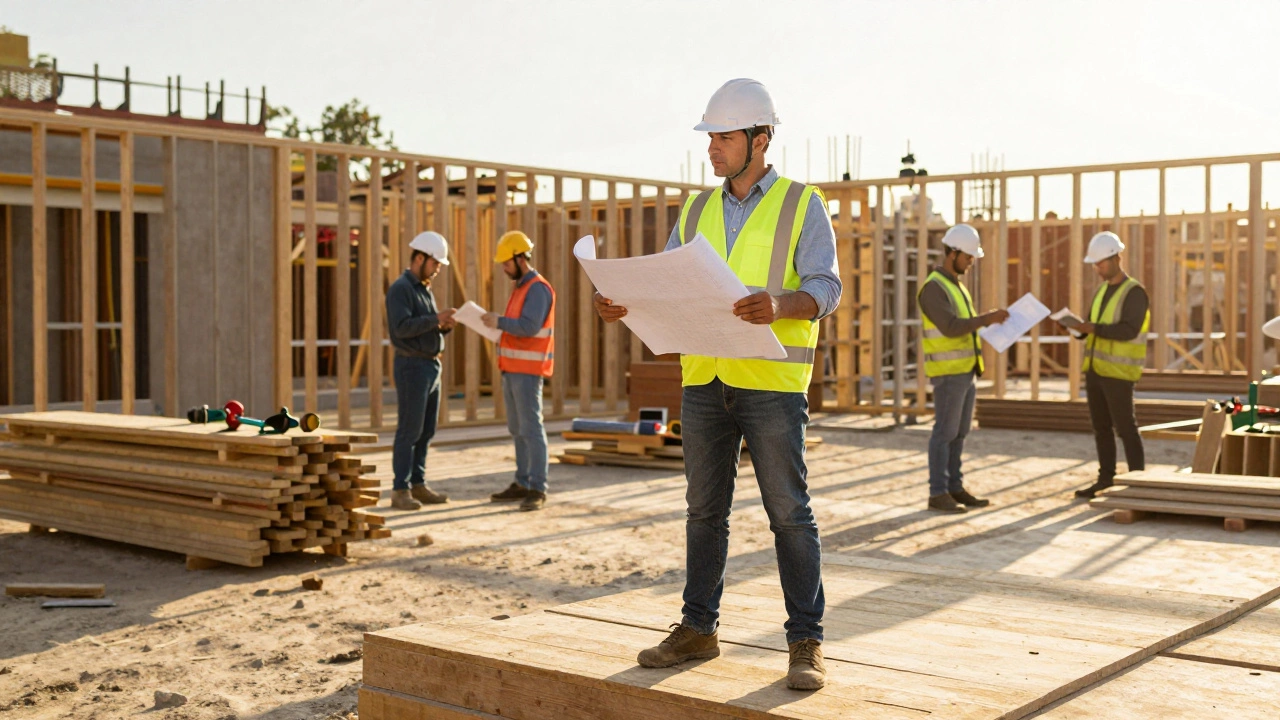Contractor Responsibilities: A Practical Guide for Builders and Homeowners
When you hire a contractor, you expect the job to be done right, on time, and within budget. Knowing what a contractor is actually responsible for helps you avoid surprises and keeps the project on track.
Core Duties Every Contractor Must Cover
First up, safety. A contractor must follow health‑and‑safety laws, provide protective gear, and make sure the site is secure for workers and visitors. Skipping this isn’t just risky—it can lead to legal trouble.
Second, quality. The contractor is in charge of using the right materials, following approved plans, and delivering work that meets building codes. If something looks off, it’s their job to fix it before you sign off.
Third, timelines. A clear schedule should be set from day one. The contractor must stick to milestones, warn you of delays early, and adjust plans without losing momentum.
Managing Money, Communication, and Documentation
Budgeting is another big part. The contractor should give you a detailed quote, track costs, and get approval before any extra spend. Unexpected price jumps are a red flag.
Good communication keeps everyone on the same page. Expect regular updates, clear explanations of any changes, and prompt answers to your questions. A contractor who disappears is not doing their job.
Finally, paperwork. Permits, insurance, warranties, and completion certificates all fall under the contractor’s responsibility. Make sure they hand you the right documents before the final walk‑through.
By understanding these duties, you can set realistic expectations and hold your contractor accountable. It also makes it easier to spot problems early and keep the project moving smoothly.
In practice, start every project with a written contract that lists all these responsibilities. A solid contract protects both parties and gives you a clear road map.
Remember, a good contractor doesn’t just build walls—they build trust. When you see safety checks, quality inspections, tidy job sites, and open dialogue, you know the responsibilities are being met.
If you ever feel something’s off—missing paperwork, delayed updates, or sub‑par work—address it right away. Most contractors will correct issues quickly when they know you’re watching.
Bottom line: contractor responsibilities cover safety, quality, timing, budget, communication, and paperwork. Keep these points in mind, ask the right questions, and you’ll enjoy a smoother, hassle‑free build.







